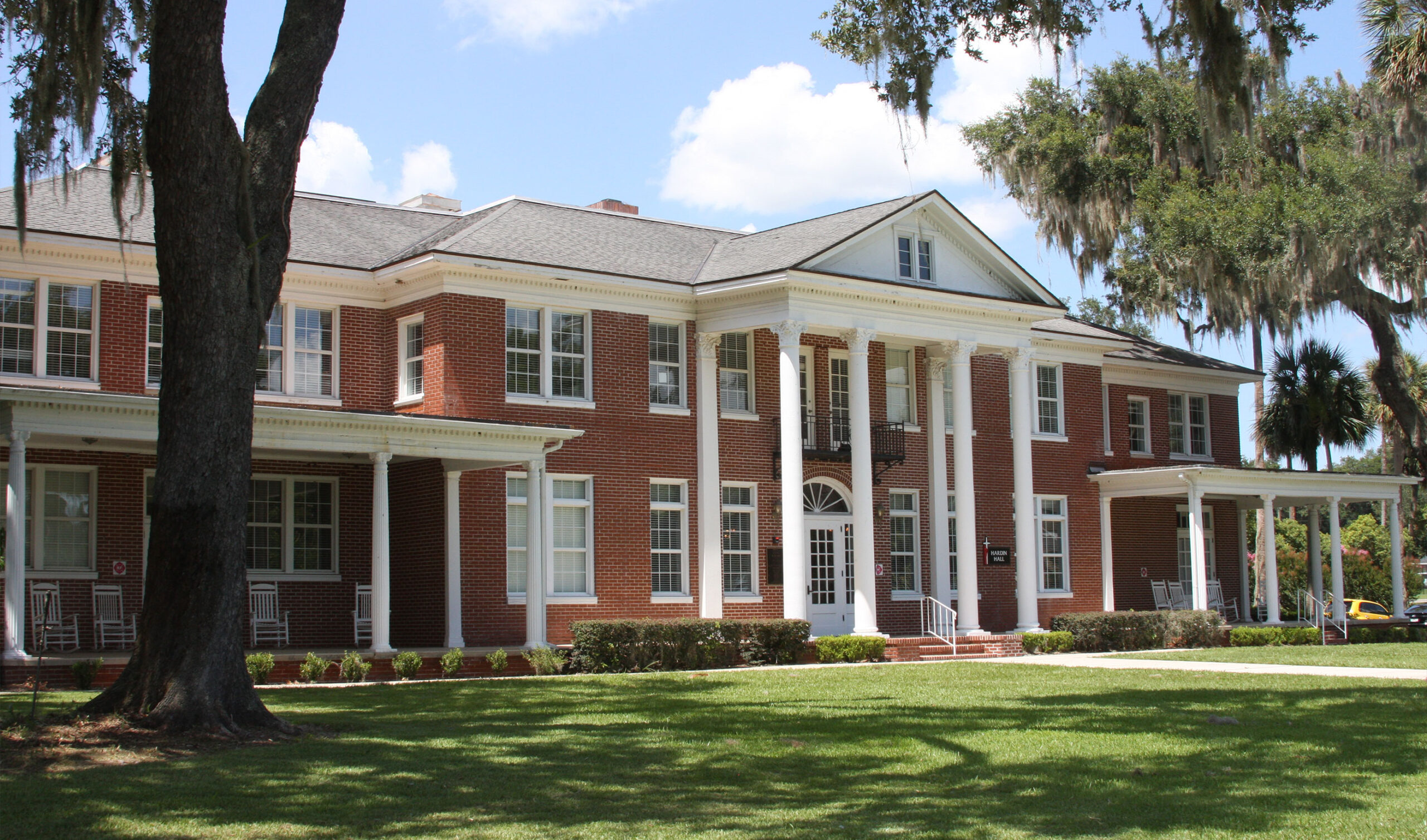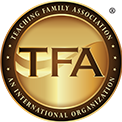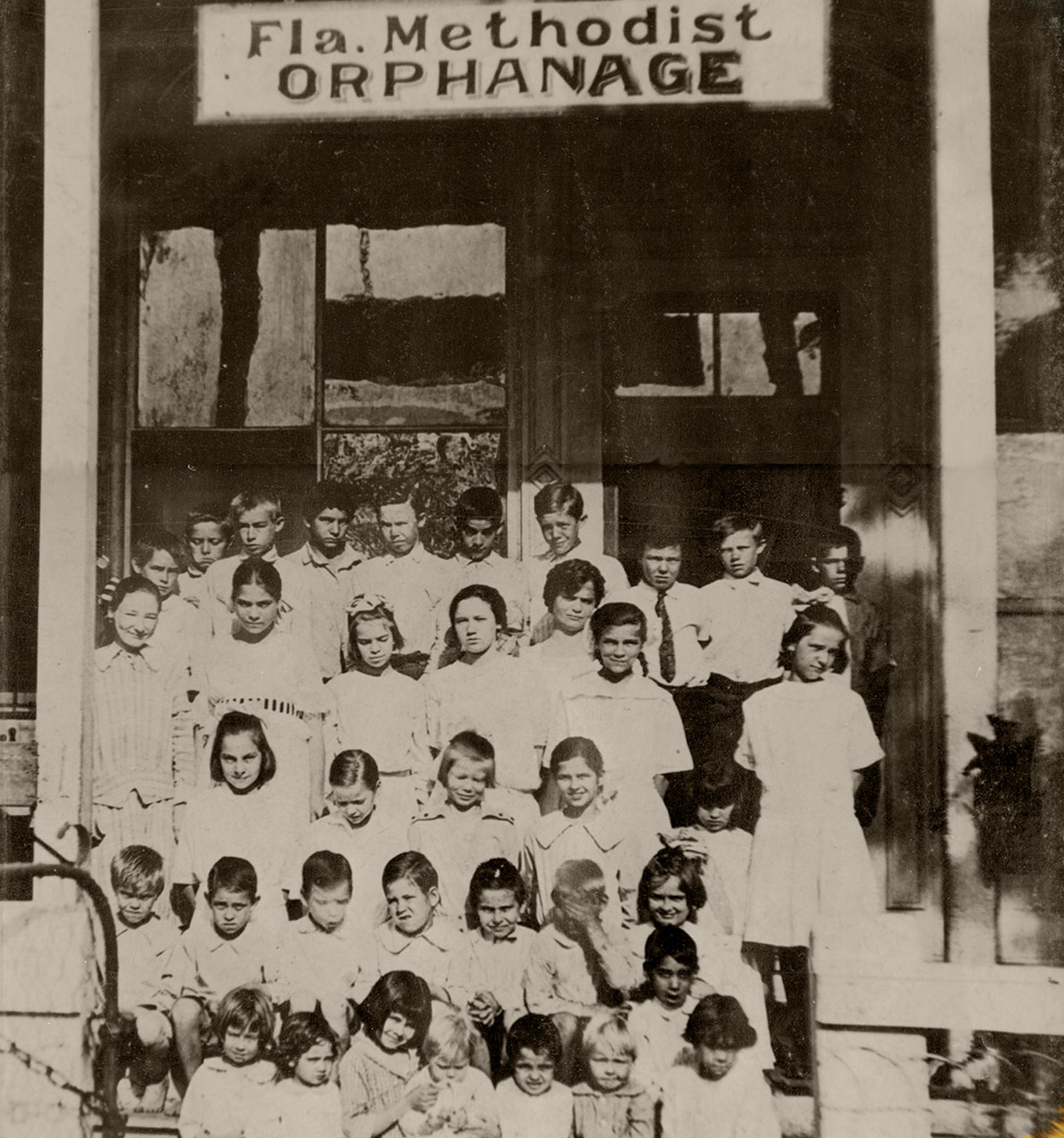
In 1908 the Florida Methodist Orphanage was established in Enterprise, Florida.
It began with the purchase of one building, eight town lots and a tract of forty acres of land purchased from Miss Emma Tucker for $1,250 dollars. Articles of Incorporation were filed with the State of Florida on June 3, 1908.
The Florida Conference of the Methodist Episcopal Church South began this institution by declaring, “Here we propose, by the help of God and the cooperation of all good people, to found a noble Christian institution for the relief, education and training of destitute, fatherless and motherless children, who may look to us for help.” For over 116 years this has been the guiding principle of what is now Residing Hope.
The early years were difficult as the church sought to build a solid foundation to care for Florida’s children. The Fifth Sunday offering and many individual gifts led to the expansion of land and buildings.
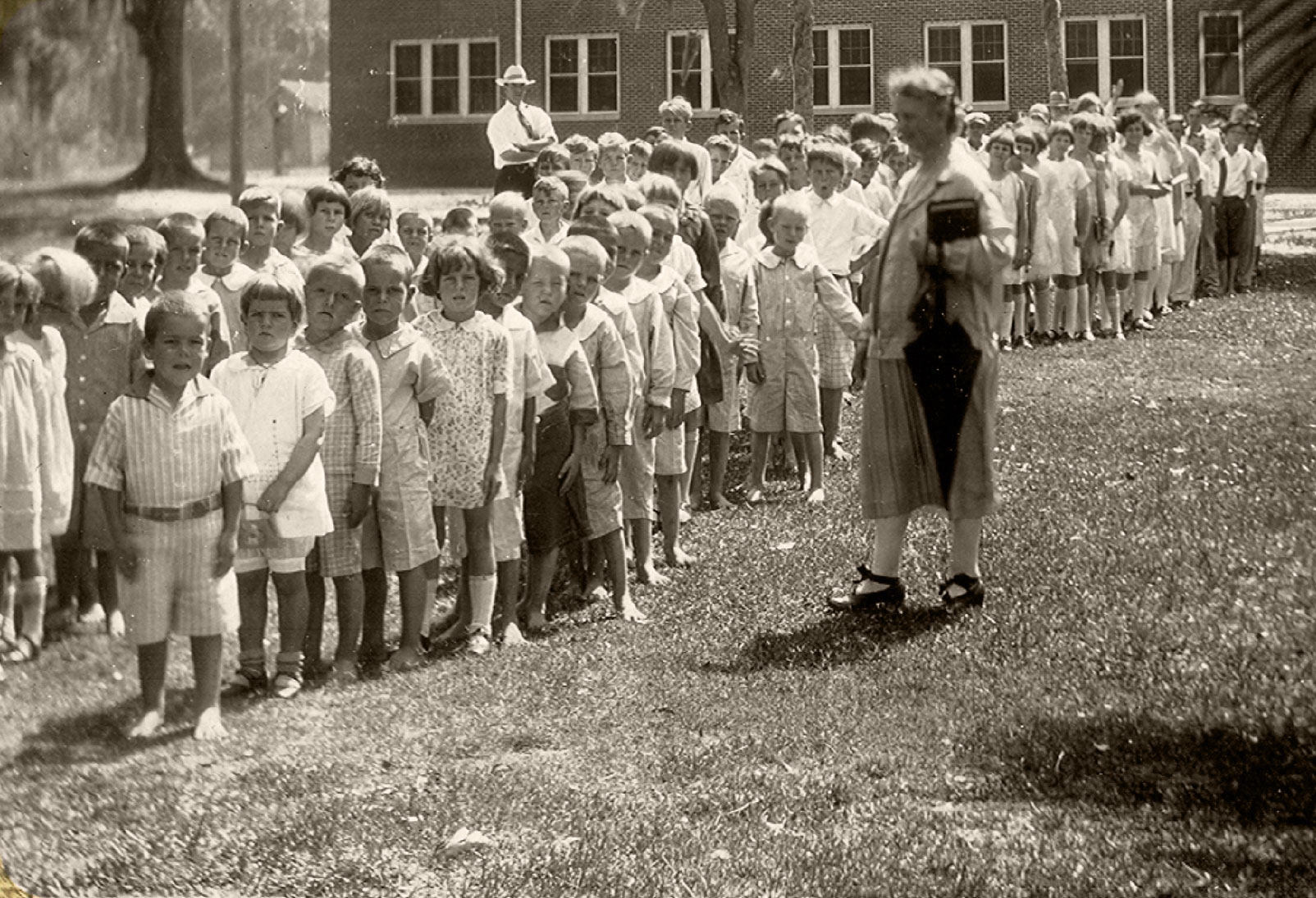
During the 1930’s as many as 150 children would be in care at a time. The children grew much of the food consumed on campus, tended dairy cattle and raised a variety of animals. In 1939, our name was changed to The Florida Methodist Children’s Home. This name change reflected the reality that an increasing number of children coming into care were not simply orphans, but victims of abuse, abandonment and family breakdown.

During the 1940’s and 1950’s, the philosophy of child care began to change. Children needed much more than three meals a day, a safe place to sleep and basic care. The emotional and psychological needs of the children required a higher level of clinical care and attention. In 1955 the first two cottages were built on the Enterprise campus. Before this time, the boys and girls lived in dormitory style buildings. We now have nine individual homes that provide a family like atmosphere for each child. Additional cottages are used for our Foster Family and Independent Living programs.
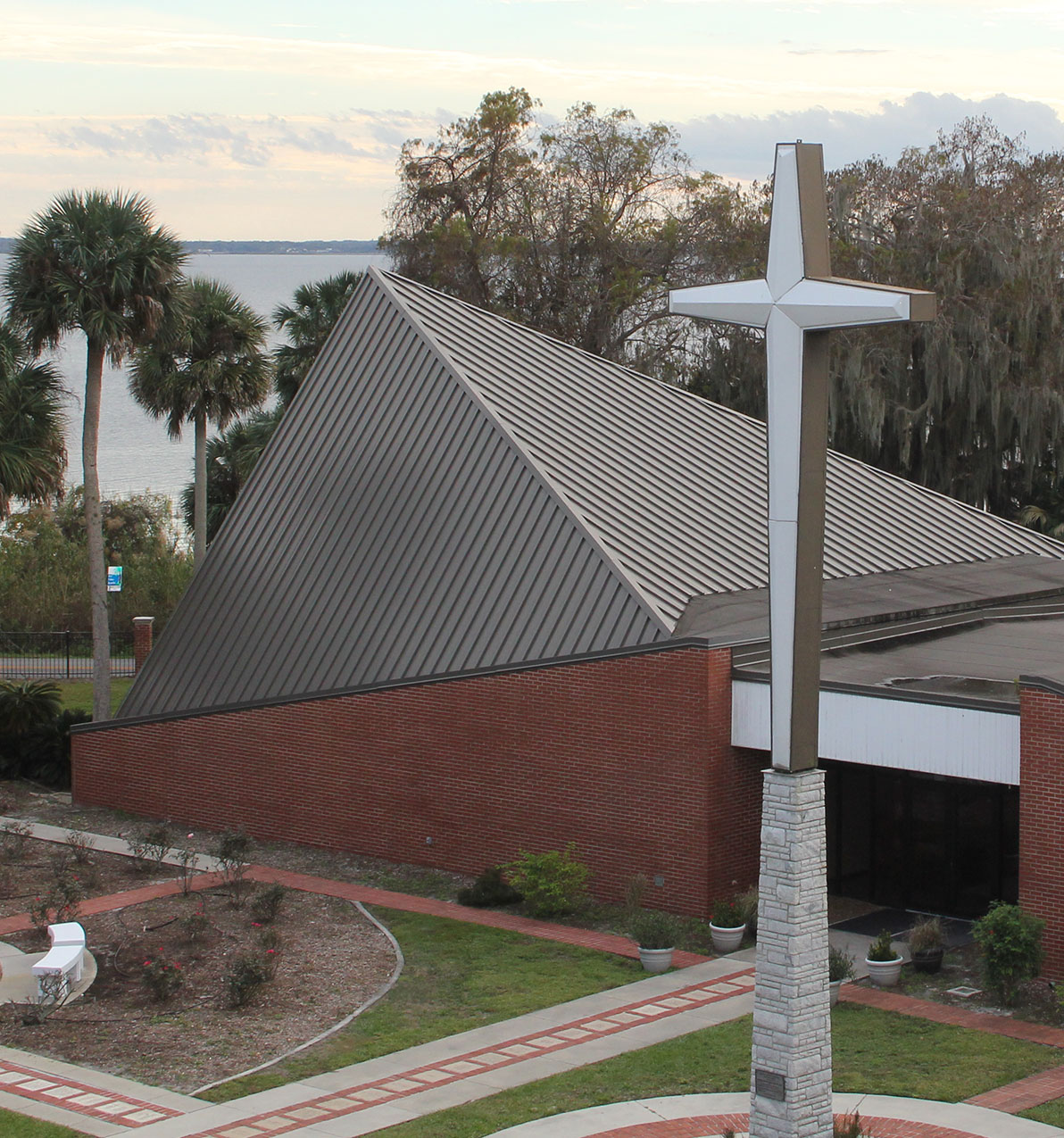
In 1971 The Florida Methodist Children’s Home merged with the Sarah Hunt Methodist Children’s Home in Daytona Beach, Florida and was renamed The Florida United Methodist Children’s Home not only to reflect this merger, but also to indicate the merger of The Methodist Church and The Evangelical-United Brethren Church into The United Methodist Church.
The Children’s Home continued to expand during the 70’s and 80’s. Our gymnasium was built in 1976 followed by our campus chapel in 1979. Our Day Care Center began serving the community in 1982. The therapeutic ropes course was added
in 1989.
A tremendous period of growth began in 1998 with the addition of the Bruton Counseling Center, Waller-Jeter Cottage, the completion of the Worrell Education Center, and the renovation of Hardin Hall, the largest building on campus.
In 2002, we started our Foster Care Services that currently licenses, trains, and supports foster parents in multiple counties. Our Independent Living program was created in 2007, and serves young adults who are 18-26 as they transition into adulthood.
In 2014, we launched Aldersgate Academy on our Enterprise campus. It was intended to help our residents who were not performing well academically and behaviorally in the public schools. The model included Social Emotional Learning (SEL) and RULER techniques to provide students with the support they needed to deal with their trauma and enhance their social skills. Aldersgate was so successful, that in 2015 we partnered with the Volusia County School District to expand the program to benefit all residents on the Enterprise campus, and renamed it Legacy Scholars Academy.
Our Madison Youth Ranch opened in 2014 in North Florida, providing specialized residential care as well as Equine Assisted Psychotherapy. This has proven to be a very beneficial program for those children who don’t respond as well to more traditional therapy plans.
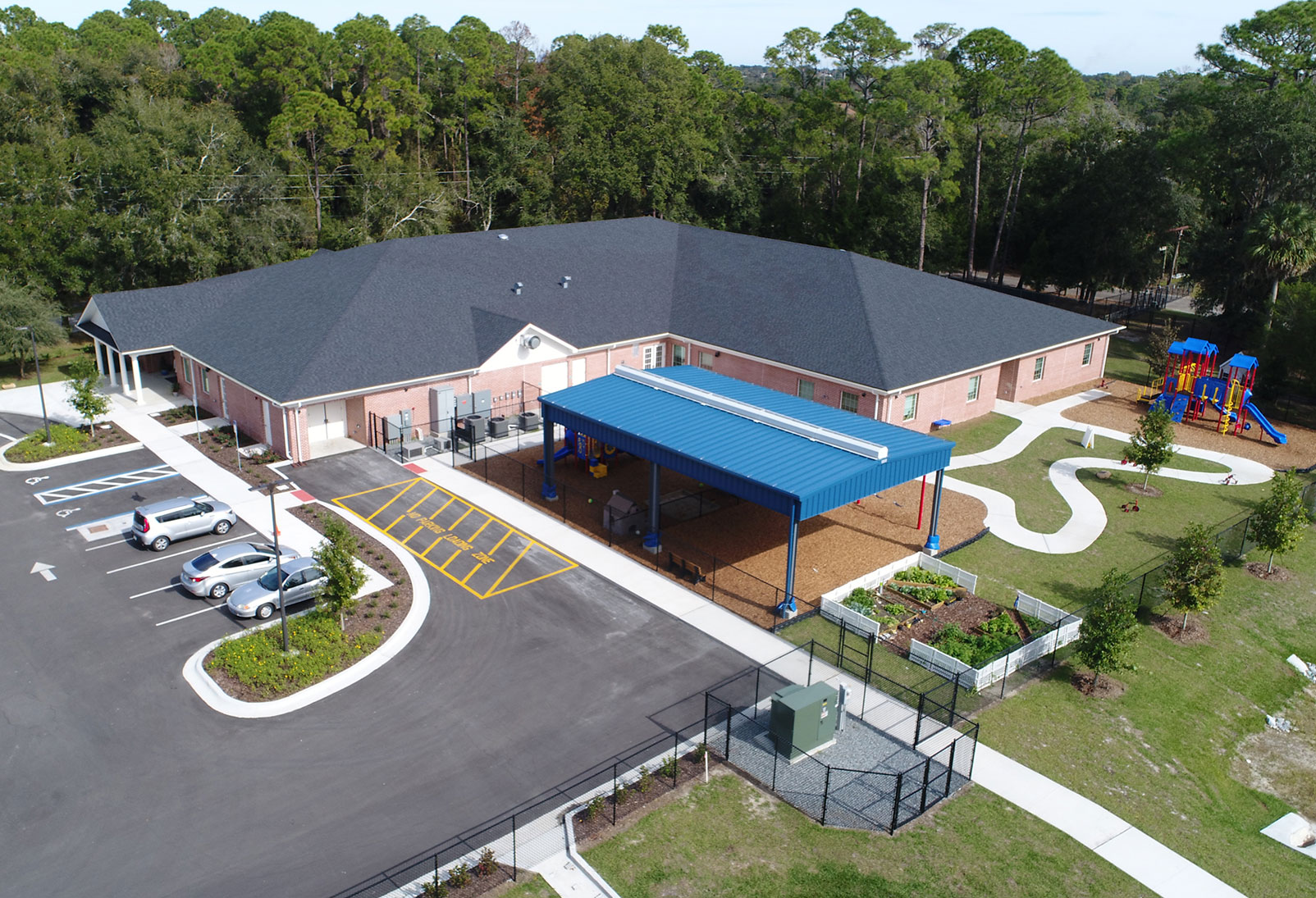
Our Montessori program, originally opening in 1982 as In As Much, moved into the newly constructed Lamar Louise Curry Early Childhood Education Development Center in 2018. The new facility allowed for increased enrollment as well as expanding the program through the sixth grade.
Circle of Friends Services, now known as Residing Hope Outpatient Counseling, became part of our organization in 2019, allowing us to provide trauma-focused services to children and families in the home, at school, or in an office setting, in ten different counties.
Residing Hope, formerly The Florida United Methodist Children’s Home, is now a diverse ministry that includes therapeutic residential care, foster care, independent living assistance, Montessori education for the community, and counseling services in multiple counties.
